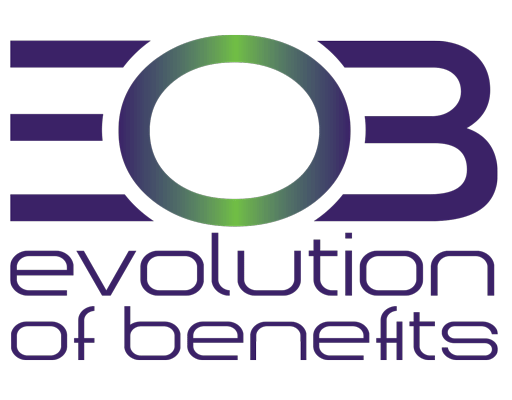Voluntary Benefits
Voluntary benefits enhance core benefit packages and deliver added incentive without employers spending more on insurance. A solid voluntary benefit platform offers your employees the ability to purchase competitively-priced coverage, and in most cases without underwriting questions. Voluntary Benefits complement your core benefit strategy while reducing company costs and employee financial risk. Voluntary Benefits may …
Health Savings Accounts
Health Savings Accounts (HSA) were formed in January, 2004 as part of the Medicare Prescription Drug and Modernization Act. These programs replace Medical Savings Accounts (MSA). In essence, HSA have removed all of the negative requirements of an MSA and retained the positives. Health Savings Accounts are established on a non-taxable basis to reimburse individuals …
Healthcare Reimbursement Arrangements
By purchasing a high deductible health insurance plan, an employer reduces his/her premiums. From these premium savings, monies can be set aside to help offset some or all of an employee’s additional out-of-pocket liability. Healthcare Reimbursement Arrangements (HRAs) are part of the IRS code section 105 “defined contribution plans”. Final regulations were released in June …
ASO | Self-Funded
Under a self-funded approach, the employer assumes the risk for claims incurred and paid on its employees and their covered dependents. The employer would pay a fixed cost for the administration of the plan using a Third Party Administrator (TPA), or through an Administrative Services Only (ASO) arrangement with a major insurance carrier. Self-funding is …

Illinois Enacts Strict Workplace Harassment Laws
Effective Jan. 1, 2020, all employers in Illinois must provide annual employee training on workplace sexual harassment prevention. In addition, all provisions of the Illinois Human Rights Act (IHRA) will apply to every employer in the state, regardless of size (rather than just those with 15 or more employees) starting on July 1, 2020.

Pay or Play Penalty Increase
On Sept. 11, 2019, the IRS updated their Questions and Answers (Q&As) on the employer shared responsibility rules under the Affordable Care Act (ACA), to include adjusted penalty amounts for 2019 and 2020. According to the FAQs, the penalty amounts will be increased as follows.





















